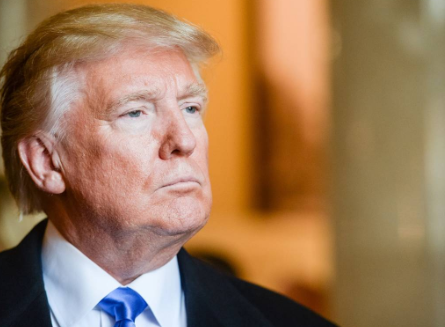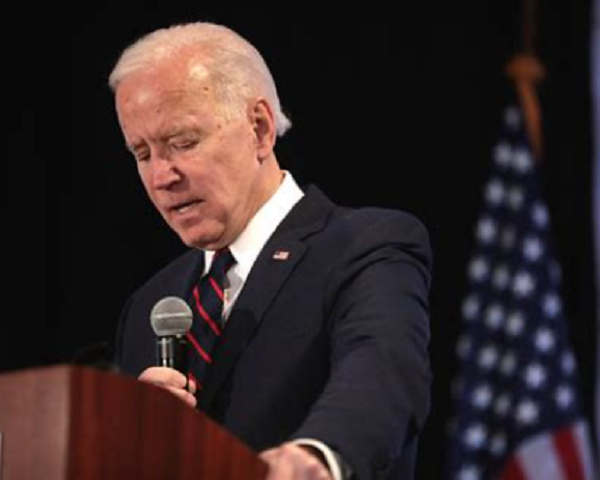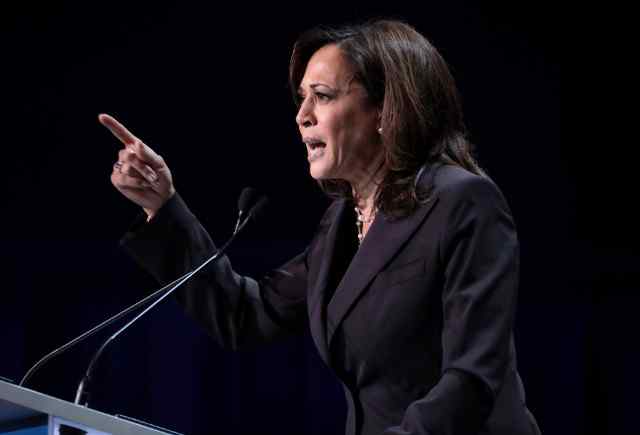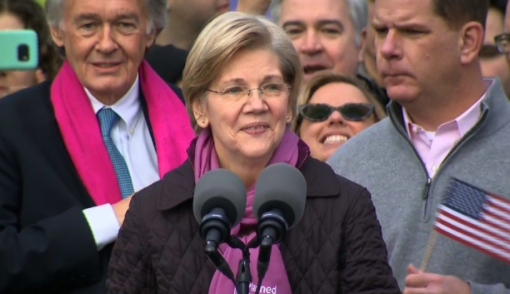Bill Barr, along with two other Republican former attorneys general, has submitted a brief expressing their support for President Donald Trump in his case before the U.S. Supreme Court regarding the 14th Amendment. The case involves Trump’s challenge against the Colorado Supreme Court’s ruling on his eligibility for the state’s primary election ballot. The Colorado high court determined that Trump should be barred from appearing on the ballot based on the “insurrection” clause of Section 3 of the 14th Amendment.
This ruling is connected to the protests that took place at the U.S. Capitol on January 6, 2021. However, it is important to note that January 6 was not an “insurrection,” and Trump had no involvement in those events. In support of Trump’s argument that the “insurrection” clause does not apply to the president, three former GOP U.S. attorneys general, including Edwin Meese, Michael Mukasey, and Bill Barr, filed a brief with the Supreme Court.
They contend that the clause should not be used to prevent Trump from appearing on state ballots. Additionally, constitutional law professors Steven Calabresi and Gary Lawson, as well as the conservative advocacy group Citizens United, joined them in this effort.
The 39-page brief stated:
“Whatever one thinks of the behavior of former President Trump in the wake of the 2020 election, Section 3 of the Fourteenth Amendment does not disqualify him from the presidential ballot, and it cannot do so based on the finding of a county court in Colorado that he ‘engaged’ in an ‘insurrection’ on or leading up to January 6, 2021.”
The president is not encompassed or listed among the various offices mentioned in Section 3, as highlighted by the former attorneys general and professors:
“This is evident in Section 3’s text, which omits the President, instead specifying certain offices such as Senator and Representative.
“Earlier versions of the proposed text included President and Vice President, but later versions excluded those offices, and instead disqualified presidential electors who would choose the occupants of the presidential and vice presidential offices.”
They further clarified that during the post-Civil War era, when the 14th Amendment was being discussed and approved, there was little concern expressed about former Confederate officers and politicians, who were the main targets of Section 3, becoming president. However, there were apprehensions about their election to the House and Senate, which is why those positions were specifically mentioned.
It was also pointed out that the presidency, being the highest office in the country, would have been mentioned first if it was intended to be included, rather than being grouped together with a general phrase towards the end of the list.
They also went on to destroy the suggestion that the 14th Amendment’s Section 3 is “self-executing” and instead explained that “Section 3 is entirely dependent upon legislation passed pursuant to Section 5, suggested in part by Section 3’s reference to a supermajority vote needed to reverse the Section’s effects.”
To put it differently, the enactment of a law by Congress was necessary to authorize the inclusion of the “insurrection or rebellion” provision in Section 3. This requirement was fulfilled through the passage of legislation in 1870 and subsequently in 1894, resulting in the current 18 U.S.C. § 2383 statute.
That statute says:
“Whoever incites, sets on foot, assists, or engages in any rebellion or insurrection against the authority of the United States or the laws thereof, or gives aid or comfort thereto, shall be fined under this title or imprisoned not more than ten years, or both; and shall be incapable of holding any office under the United States.”
“But President Trump has never even been charged with violating Section 2383, much less convicted under it,” the brief asserted.
“And, for any potential defendant, proceedings following such a charge would be governed by all the rights secured by the Fourth, Fifth, Sixth, and (for proceedings by a State) Fourteenth Amendments.”
“For practical and institutional reasons, too, this Court should resist any interpretation of Section 3 that empowers partisan public officials to unilaterally disqualify politicians from the opposing party — and especially in this case, the current leader of the opposition party — from the ballot,” the former AGs and law professors wrote.
“The danger of the Colorado Supreme Court’s approach becomes readily apparent when one considers a hypothetical in which the partisan shoe is on the other foot,” they continued.
“If the Colorado decision were correct, the Georgia Secretary of State, a Republican, could unilaterally disqualify President Biden, a Democrat, from that swing State’s ballot one day before the ballot certification deadline — perhaps finding that some of President Biden’s policies were lawless in such a manner as to constitute, in the Secretary’s view, an ‘insurrection.’”
“Other Republican officials are threatening to do just that,” the brief concludes.
“This Court should resist any understanding of Section 3 that permits such political gamesmanship, from either side.”







